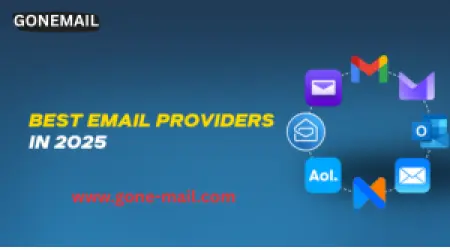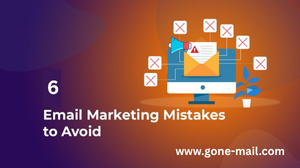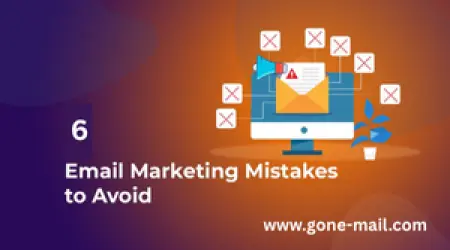

6 Common Email Mistakes to Avoid in the Workplace | Boost Your Professional Communication
Email remains a cornerstone of professional communication, yet many professionals still make avoidable mistakes that can lead to misunderstandings, delays, or even harm their reputation. To help you communicate more effectively, here are six common email errors and how to avoid them.
1. Ignoring Grammar and Spelling
Poor grammar and spelling can undermine your professionalism and create confusion. Common mistakes include misusing homophones (e.g., "their" vs. "there"), incorrect punctuation, and typographical errors.
How to Improve:
- Use tools like Grammarly or Microsoft Word’s spell-check.
- Proofread before sending.
- Read your email aloud to catch awkward phrasing.
2. Rambling or Being Unclear
Long, meandering emails waste time and dilute your message. Get to the point quickly, keeping emails concise—ideally one or two paragraphs.
Tip: Draft your email first, then edit it down to the essentials.
3. Using an Inappropriate Tone
The wrong tone can lead to misunderstandings or strained relationships. Avoid all caps (which can seem like shouting), excessive informality, or overly blunt language.
How to Maintain a Professional Tone:
- Be polite and respectful.
- Adjust your tone based on the recipient.
- Avoid sarcasm or humor that may be misinterpreted.
4. Criticizing Others in Emails
Criticism in emails—especially group emails—can escalate conflicts. If an issue is sensitive, address it in person.
Ask Yourself:
"Would I be comfortable if this email became public?" If not, reconsider sending it.
5. Sending Emails When Emotional
Angry, tired, or frustrated emails often lead to regret. If you’re upset, step away before hitting “send.”
Tip: Take a break, walk around, or revisit the email later with a clear mind.
6. Making Jokes or Offensive Comments
Humor doesn’t always translate well in writing, and sarcasm can be misread. Avoid jokes about sensitive topics (religion, ethnicity, gender, etc.), as they can lead to serious consequences, including job loss.
Key Takeaways
To ensure your emails are professional and effective:
✔ Proofread for grammar and clarity.
✔ Be concise and direct.
✔ Use an appropriate tone.
✔ Avoid criticism in writing—opt for face-to-face discussions.
✔ Stay calm before sending emotional emails.
✔ Skip jokes and risky comments.
By following these guidelines, you’ll communicate more clearly and maintain a strong professional reputation.
FAQs
Q: What makes an email professional?
A: A professional email has a clear subject line, proper grammar, a respectful tone, and concise messaging.
Q: How can I avoid email mistakes?
A: Always proofread, use grammar tools, and consider how the recipient might interpret your message.
Q: Why is tone important in emails
A: Tone affects how your message is received—miscommunication can damage relationships and your professional image.

